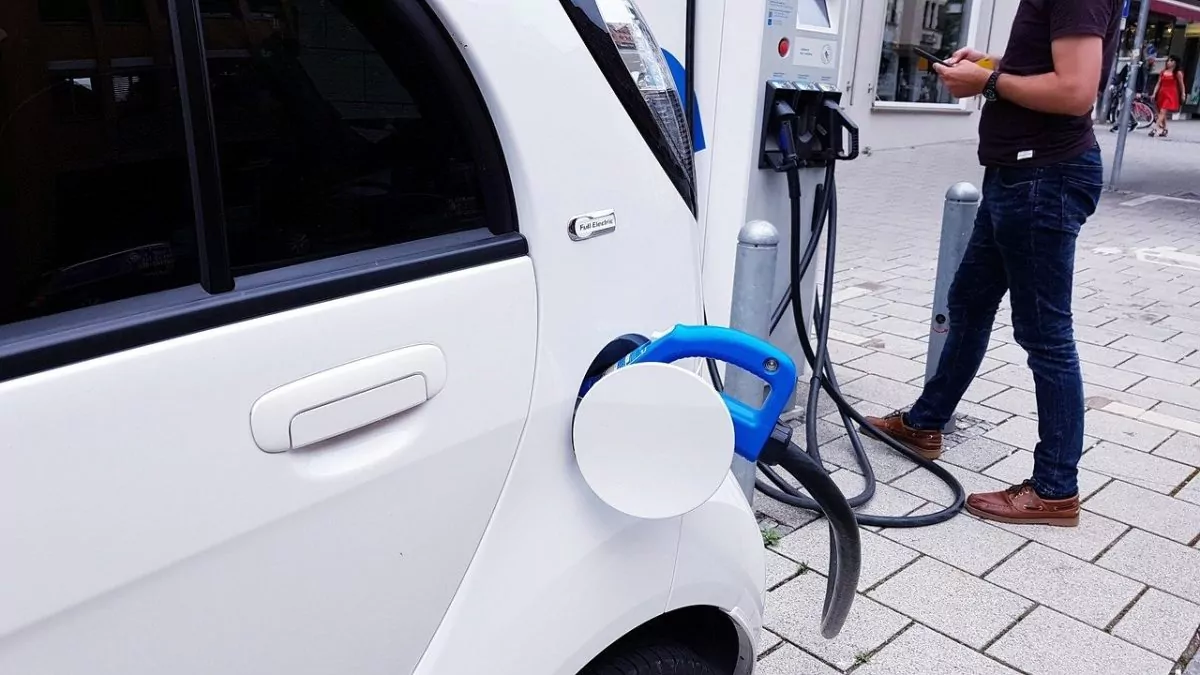As interest in electric vehicles is growing in Europe, 55% of consumers and all fleet managers say they intend to buy an electric vehicle in the next two years, according to the e-Readiness Report 2021 survey, conducted by Strategy&, the global strategy practice of the PwC network.
Urmărește mai jos producțiile video ale Economedia:
- articolul continuă mai jos -
Sales of electric vehicles could reach 23% (1.7 million units) of total new car sales by 2024 in Europe’s six largest markets (France, Germany, Italy, Norway, Spain and Switzerland), driven by battery-powered cars. The fleet segment (B2B) will remain the most attractive, with an estimated share of around 55% of the total electric car market, with the three most important criteria considered for these purchases being company image, tax incentives and carbon footprint reduction. Over the next two years, large companies will have the largest electric car fleets, while medium-sized firms will see the biggest growth.
“In recent years, consumers in Europe have become increasingly concerned about protecting the environment, which has also led to increased interest in clean cars. Thus, the car market is likely to recover after the health crisis, also through a greater orientation towards electric vehicles, especially since many countries support the purchase of electric and hybrid cars through financial incentives that can represent up to a third of their retail price in some markets,” says Daniel Anghel, Partner, Automotive Industry Leader, PwC Romania.
In Romania, the authorities want to support the purchase of clean cars through the Rabla Plus programme, offering an eco-label of 45,000 lei for the purchase of a new pure electric car and 20,000 lei for the purchase of a new hybrid electric car.
The main factors mentioned by respondents for choosing an electric car are fuel economy, environmental impact and the possibility to charge the car at home. And the arguments against include charging time and lack of public charging infrastructure.
According to the report, a second-hand electric car market is also emerging. Used electric vehicles are sought mainly by younger, lower-income customers. Two-thirds (67%) of European consumers who want to buy an electric vehicle (BEV – battery-powered and PHEV – plug-in hybrid) in the next three years are considering a second-hand purchase, the report shows.
Currently, only 15% of electric vehicle owners have bought second-hand.
Who are electric car buyers
The analysis has grouped European consumers who are considering buying an electric car into six types of behavior:
- The dreamer (his priorities are the environment and climate change; he’s a digital native; he’s willing to pay a higher price for a good cause and doesn’t use his car much);
- The technology enthusiast (is concerned about the environment but it doesn’t come first in his/her list of priorities; implements things early and is confident with technology; is willing to pay extra to gain faster access to technology; alternates between driving and other modes of transportation)
- Affluent (protecting the environment is among their least concerns; buys cutting-edge technology but uses basic functionality; price is not a concern; uses car as main mode of transportation)
- Pragmatist (concern for the environment is crucial, but not worth the extra effort; is a digital native; looks for value for money; combines car with other modes of transport)
- Conventional (not really concerned about the environment; uses basic technology as it becomes widespread; saving is important and you get what you pay for; uses the car as the main means of transport)
- The Modest (is concerned about the environment, but this is not their first priority; not a technology addict, but uses technology to find opportunities; price conscious and always looking for bargains; minimizes car usage, preferring cheaper alternatives).
The survey was conducted among more than 4,000 consumers in the six largest markets mentioned above and 103 medium and large corporations with vehicle fleets of more than 100 units.
Edited for English by: Service For Life SRL

 Sursa foto: Pexels
Sursa foto: Pexels





























